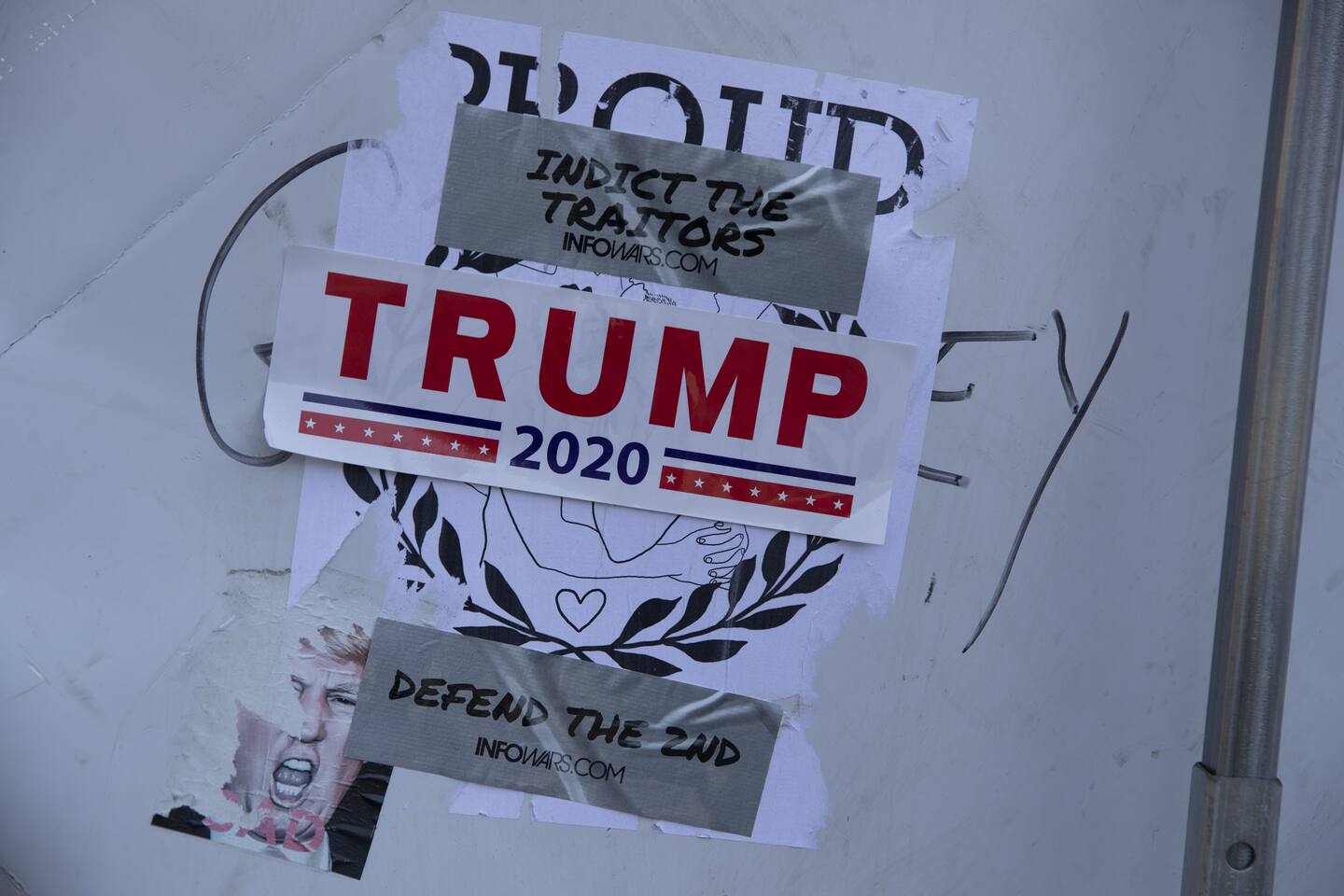Trump fed off the establishment’s moral outrage. So did his followers.

Yet, despite an ever-replenished pool of paranoids, America hasn’t seen mobs storming Capitol Hill since the British sacked Washington in 1814. It took Trump to bring us to that point. In the final days of his presidency, and his final attack on “the Swamp,” Trump inadvertently demonstrated the merits of the establishment he disrupted and all its hidebound norms he built his career on flouting.
Elites are a human inevitability; large groups of people can’t even agree on where to have lunch, much less how to govern a nation of 330 million people and 3.8 million square miles. Eventually, a much smaller group must decide what we’ll actually do. And that group needs its unwritten code of must-do’s and must-not-do’s because theirs is a fearsome power, easily abused.
Yet, over the past four years, it has proved impossible for the Beltway to convince Trump’s fans of the necessity for, or even the existence of, those norms. When elites recoiled from Trump’s brazen violations, populists dismissed their concerns as so much pettifogging etiquette, constructed to keep ordinary people at bay.
That’s somewhat understandable. They weren’t following any written rulebook anyone could point to; the norms were tacit, and absorbed by osmosis, like all social conventions. Like any informal code, it had somewhat more give than explicit rules; both sides had long indulged in small violations, such as Hillary Clinton’s 2019 crack that Trump knew he wasn’t the legitimate president. Everyone also tolerated a certain amount of self-dealing, which outsiders identified as an abuse of power.
So when Trump tossed those rules aside, followers focused on the real, if exaggerated, hypocrisy of his critics, rather than his misbehavior. Or they demanded proof that these really were customs of long-standing, rather than retroactive traps set for Trump — proof that didn’t exist in any satisfying way, since the rules weren’t written down. Their critics decided they were just playing Calvinball.
Unfortunately, the moral outrage of the insiders was just as sincere, and arguably as well-founded. There really was an unwritten list of things that Beltway insiders hadn’t permitted themselves to say or do, which functioned as the rules of engagement constraining their own intra-elite battles for power — in the voting booth, the legislatures and the court of public opinion. Some of those fights were over personal status and prerogatives, of course, but mostly they were fighting hard for what they thought their supporters wanted, or what they believed to be the common good.
Only the elites who actually had to fight the fight, and wield power if they won, understood how quickly their battles could spin out of control. So over time, the establishment built guardrails: certain passions they wouldn’t invoke, certain actions they‘d never encourage, certain things they wouldn’t say. The most important of which was: losers concede. Because unless we peacefully acknowledge the outcome of elections, it’s all battle, no victory; no faction can ever secure the legitimacy needed to govern.
The establishment also believed that the more power you have, the more strictly these rules must be honored: What’s merely annoying in a radical periodical is genuinely worrying in a county official, downright disturbing in a congressman, and intolerable in the Senate majority leader. But Trump clearly didn’t understand this, or else he didn’t care. He couldn’t even give the correct to answer what should have been the laziest of softball questions: “Will you honor the results of the Republican primary?”
When the establishment protested each new outrage, Trump’s supporters yawned. It was all just words, they explained, and call me when he actually does something bad. I’ve been hearing some variant on that almost daily for five years. But there was a reason those particular utterances were forbidden: Words are how groups come to a collective agreement to do something wrong.
Banning the words that Trump kept shouting was necessary precisely so that shamelessly amoral politicians couldn’t build a coalition to tear down the Republic. And so every time Trump was allowed to say the unspeakable, we got closer to this unthinkable attack on very foundations of American democracy.
Read more:






